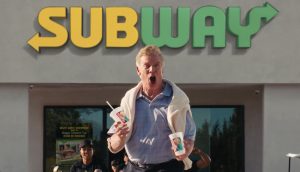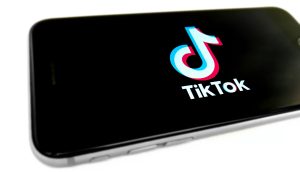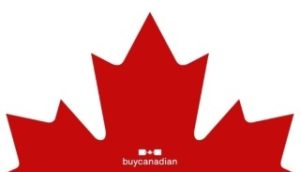After months of hype and speculation, Facebook has finally announced the release of Facebook Places, a new mobile product that allows users to register and share their location with friends.
Currently available only in the US, Facebook Places opens up the realm of geo-location to the website’s massive membership base, which numbers 15 million users in Canada alone. (Worldwide, there are approximately 500 million Facebook users.) A Canadian release date has not yet been announced – a spokesperson for Facebook’s Canadian office this morning and would only confirm that it would be ‘soon.’
By downloading the most recent Facebook mobile app for iPhone (other platforms will be announced soon, the Facebook website says) users can activate the app when they arrive somewhere, ‘check in’ to an existing location in the Facebook Places database, or enter a new one. The user’s location then appears on their news feed and ‘recent activities’ section. Users can also tag their friends and post updates along with their check-in.
Marketers can ensure that their businesses are in the system by setting up a Facebook Place page.
The potential for marketers in this space is a topic of great debate in the mediaverse today. Through current geo-locating social media sites, such as Foursquare, retailers and food-service outlets offer incentives to those who check in frequently, such as a free latte if you become the ‘mayor’ of a certain location. These sites don’t have mass reach right now, but Facebook could change the game, Nick Barbuto, VP digital solutions, Cossette, tells MiC.
‘That this is now in the hands of a lot of Facebook mobile users is a really interesting thing, and hopefully it will radiate out to the further Facebook community,’ he says, noting that right now, location-based social media sites have been mainly embraced by what he calls ‘social media preachers.’
‘From an advertiser perspective, it’s always interesting to see where penetration will go,’ he elaborates. ‘If we can actually turn it into a utilitarian experience for consumers, where it offers up more than just a ‘badge,’ for lack of a better term, I think it has a lot of potential for consumers and advertisers. The ability for us to incentivize [consumers], either directly or indirectly, to go to a geographic location, for example, a retail store, is huge.’
At a base level, he says, social media and geo-location feed into one of the very things that have made sites such as Twitter and Facebook so popular in the first place: broadcasting your coolness across the web.
‘I think there’s still this ego around who people are and what they do, and I think this is just another way of ‘egocasting’ a little bit,’ he says, laughing.























